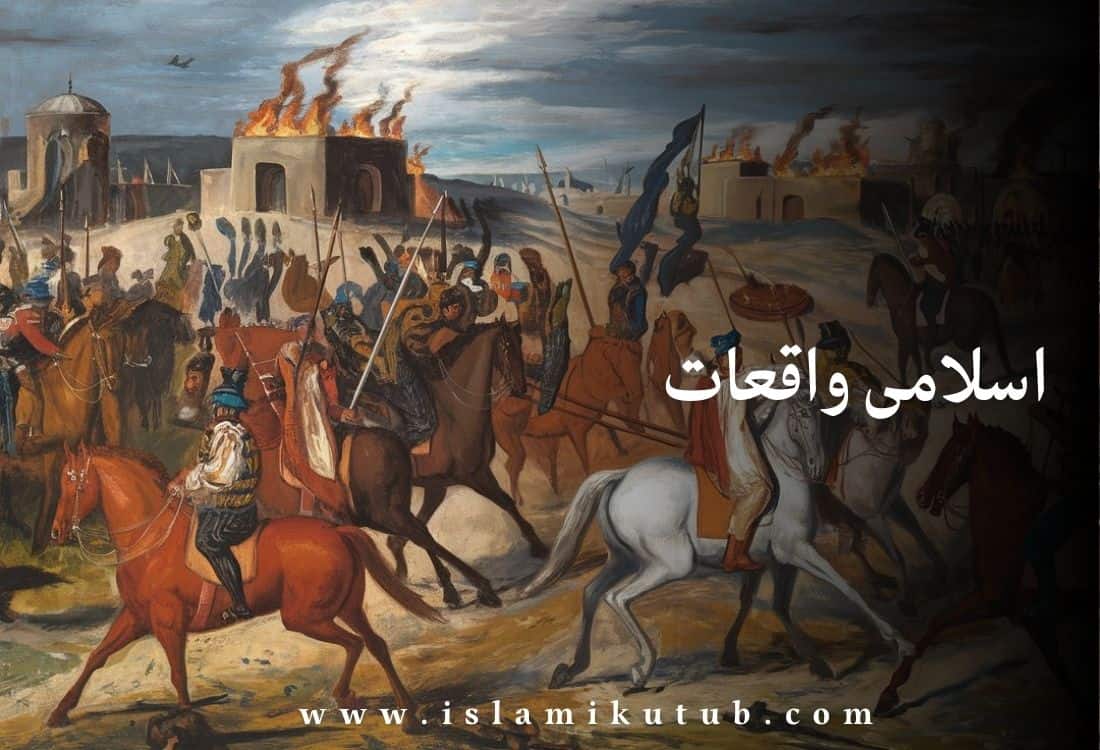Women in Islam: Exploring Their Role, Rights, and Contributions
Islam, as a religion, philosophy, and way of life, touches upon every aspect of human existence, including the roles and rights of women. Misconceptions and stereotypes often cloud the understanding of women in Islam, leading to a need for clarity and insight into this important topic.
Understanding Women’s Status in Islam
Contrary to popular belief, Islam upholds the dignity, rights, and responsibilities of women in society. The Women in Islam Book has been integral to its development and spread since its inception in the 7th century. In fact, the Quran, the holy book of Islam, explicitly recognizes women as equals to men in spiritual and moral responsibilities.
Rights Accorded to Women in Islamic Teachings
Islam grants women several fundamental rights, including:
- The right to education: Prophet Muhammad himself emphasized the importance of education for both men and women.
- The right to inheritance: Contrary to cultural practices in some regions, Islamic law guarantees women the right to inherit property.
- The right to work: Women are encouraged to engage in work and contribute to society while maintaining their family roles.
- The right to financial independence: Women can own, manage, and dispose of their wealth independently.
These rights were revolutionary in the historical context in which Islam emerged, promoting a level of equality that was not prevalent in many societies at the time.
Women’s Roles in Islamic History
Throughout Islamic history, women have played crucial roles in various domains, from scholarship and education to governance and business. One notable example is Khadijah bint Khuwaylid, the first wife of Prophet Muhammad and a successful businesswoman in her own right. Her story serves as an inspiration for Muslim women around the world, showcasing the compatibility of faith and enterprise.
Addressing Misconceptions
Despite these rights and historical examples, misconceptions about women in Islam persist in various parts of the world. These misconceptions often stem from cultural practices rather than Islamic teachings themselves. It’s essential to differentiate between cultural norms and religious principles when discussing women’s issues in an Islamic context.
Challenging Stereotypes Through Understanding
By delving into Islamic teachings and history, one can appreciate the nuanced approach Islam takes towards gender relations. Islamic feminism, for instance, advocates for gender equality within the framework of Islamic teachings, emphasizing justice and compassion.
Modern Perspectives on Women in Islam
In the contemporary world, Muslim women are actively engaged in diverse fields such as science, politics, arts, and media. Their contributions challenge stereotypes and enrich global discourse on gender equality and religious diversity.
Empowering Muslim Women Today
Empowerment initiatives across the Muslim world aim to provide women with the tools and resources needed to thrive in their chosen fields. Organizations such as the Islamic Women’s Council work towards promoting women’s rights and fostering leadership among Muslim women globally.
Conclusion: Embracing Diversity and Equality
In conclusion, women in Islam embody a rich tapestry of rights, roles, and contributions that continue to evolve with changing times. Understanding the true teachings of Islam regarding women is crucial in dispelling myths and promoting dialogue. By celebrating the achievements of Muslim women past and present, we recognize their integral role in shaping societies and inspiring future generations.
For further exploration of this topic, consider reading Women in Islam: An Anthology from the Quran and Hadith, a comprehensive book that delves into the rights and roles of women as outlined in Islamic scriptures.



One Response